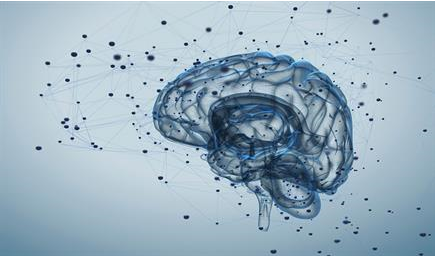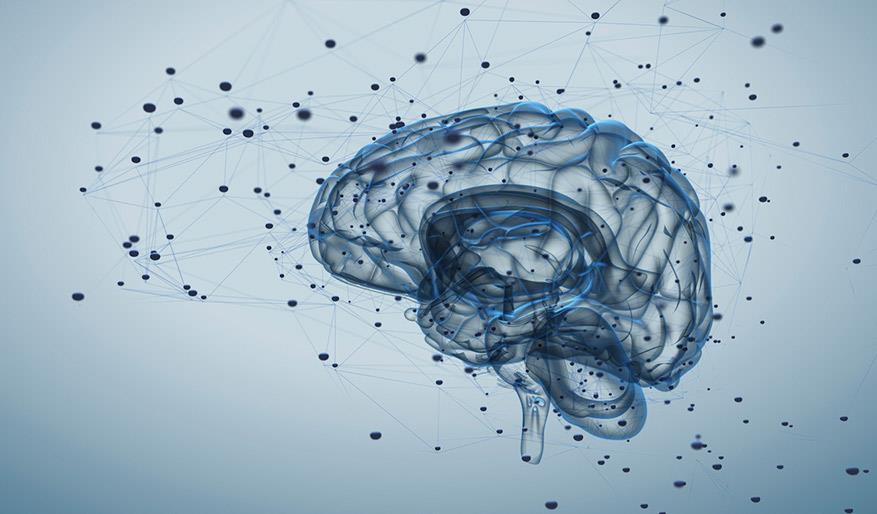Our Doctors
Meet all the doctors from Cleveland Clinic Abu Dhabi.
View Doctors
Frequently asked questions about epilepsy answered

Epilepsy is a chronic neurological disorder in which a person experiences repeated, unprovoked seizures caused by a sporadic, sudden and extreme electrical discharge from cells in the brain. It is one of the oldest recognized and common neurological disorders. Yet, many factors about epilepsy remain unknown or largely misunderstood.
If you or someone you care about has recently been diagnosed with epilepsy, you may have several questions about the condition, like: Will you be able to drive? How will it affect your career? What to do when you get a seizure?
Cleveland Clinic Abu Dhabi’s Chair of Neurosurgery, Dr. Florian Roser, outlines a few facts about the condition to answer common questions and dispel misconceptions.
A person is diagnosed as “epileptic” after 2-3 seizure episodes or based on the severity of the seizure. The seizures in epilepsy may be related to a brain injury or a family tendency, but often the cause is completely unknown. Epileptic seizures are commonly triggered by lack of sleep, flashing lights, stress, low blood sugar and hormonal changes like menstrual cycles.
While the seizures themselves are not usually cause for concern, the person can experience physical injury if a seizure occurs in certain situations, for example while driving, or walking. As part of the diagnosis, a neurologist will conduct an electroencephalogram (EEG) to analyze your condition before prescribing you medication to control seizures.
A seizure can temporarily affect any bodily function the brain is responsible for, and the majority of people with epilepsy will experience similar symptoms each time a seizure strikes. There are a number of symptoms that differ from person to person, and depend on the type of seizure being experienced. These can include:
Episodes can last for a few seconds or a few minutes, again depending on the type of seizure being experienced.
There are a few precautions you can take to help protect someone from physical harm whilst experiencing a seizure:
Can you swallow your tongue during a seizure?
No. It is physically impossible to do so.
Should you restrain someone having a seizure?
Never use restraint! The seizure will run its course. Just maintain a few precautions as listed above to minimize the chance of injury.
Only children have epilepsy.
Epilepsy can develop at any age. In fact, older people are as likely to develop seizures as children are, often as the result of other health issues including stroke and heart disease.
Can people with epilepsy work and live a normal life?
People with epilepsy have the same range of abilities and intelligence as everyone else and can be found in all walks of life at all levels in any profession.
People with epilepsy are not allowed to drive.
People diagnosed with epilepsy who experience generalized seizures are not allowed to drive. However, if following successful treatment of an underlying disorder, or being seizure free under medication for at least one year, the person may be allowed to drive again.
With today’s medication, is epilepsy is curable?
Epilepsy has many underlying disorders, and depending on treatment of these, the condition can be controlled and even cured through medication, and in some cases, surgery.